March 20, 2024 | News Story
Strong Presence by New Jersey’s Community Colleges at Senate Budget Hearing in Newark Asking to Restore $20 Million in State Funding
Community College Students Say Cuts Will “Negatively Impact” the Disadvantaged
Find your community college
Too many Community College students struggle with food insecurity, homelessness, childcare issues, and mental health and wellness. These challenges limit students’ ability to stay enrolled in college and earn degrees and credentials. To address these needs, the New Jersey Council of County Colleges has partnered with statewide organizations to support the efforts of Community Colleges to provide holistic student supports so that students can succeed in their studies and complete their post-secondary credentials so they can obtain jobs and careers that provide economic mobility and contribute to the state’s prosperity.
Community to Opportunity: Building Community to Expand Opportunity
Community to Opportunity: Building Community to Expand Opportunity
The Tepper Foundation and the New Jersey Council of County Colleges (Council) have launched an exciting new three-year initiative, Community to Opportunity: Building Community to Expand Opportunity to assist Community Colleges to strengthen holistic student supports.
During the Summer of 2022, the Council with support from the Tepper Foundation, developed a comprehensive Theory of Action for meeting Community College students’ basic needs. Now, NJ’s Community Colleges are utilizing the Theory of Action as a foundational guide to assist in developing and implementing a comprehensive strategy for addressing the basic needs of students, like nonacademic barriers such as hunger, childcare, mental health and wellness, transportation, and housing.
Community to Opportunity seeks to strengthen and expand Community Colleges’ abilities to meet students’ basic needs in an effort to expand the economic mobility of students. This initiative builds on the comprehensive Theory of Action for meeting Community College students’ basic needs.
Input/Resources Community Colleges Need
Core Actions for Community Colleges to Take
Extended Outcomes for Students
The Every Mind Project: Addressing the Mental Health Needs of Community College Students
The Every Mind Project: Addressing the Mental Health Needs of Community College Students
The Council and its partners, the Mental Health Association in New Jersey and the New Jersey Department of Health, are working with New Jersey’s Community Colleges to strengthen mental health services.
To date, Community College faculty, staff, and students have received evidence-based professional development to implement “train-the-trainer” models to promote long-term, sustainable mental health services to additional faculty, staff, and students, developing statewide support groups, and strengthening partnerships among Community Colleges and community-based mental health providers to ensure students have access to mental health services.
In addition, Community Colleges create outreach campaigns, including resource folders tailored to each of their communities to help guide college faculty and staff in supporting the mental health and wellness needs of students.
988 is now the three-digit dialing code that routes callers to the 988 Suicide & Crisis Lifeline (or 988 Lifeline). When people call, text, or chat with the 988 Lifeline, they are connected to trained counselors that are part of the existing 988 Lifeline network, made up of over 200 local crisis centers. These services are available 24 hours a day, seven days a week, across the United States.
Crisis counselors are trained to answer calls, chats, or texts from young people in the LGBTQ community who reach out on this free, confidential, and secure 27/7 service when they are struggling with issues such as coming out, LGBTQ identity, depression, and suicide.
Provides 24/7 specialized services by veterans. You can call, chat online, text or contact us on social media @njvet2vet
Provides support, assessment, and, if needed, intervention in the most cooperative and least restrictive manner to New Jersey residents in emotional distress and suicidal crisis.
Text HOME to 741741 from anywhere in the United States, anytime. Crisis Text Line is here for any crisis. A live, trained Crisis Counselor receives the text and responds, all from a secure online platform.
Free, confidential call line focused on helping family members and friends coping with a loved one’s substance use disorder.
MentalHealthCares in New Jersey’s behavioral health information and referral service. Our staff of specialist uses their experience and understanding of the behavioral health system to provide callers information and connect them to the behavioral health and services they need, such, as legal, housing, employment, rehabilitation, inpatient and outpatient, self-help and more.
Peer Recovery Warmline (PRW) is a peer-run service providing ongoing telephone support to mental health consumers as they work towards their recovery.
NJ 211 provides live assistance 24 hours per day, every day of the year. Services are free, confidential, and multilingual.
There are several ways to reach these services:
Whichever method you choose, you will be communicating with a community resource specialist who has been educated about federal, state and local systems created to help people who are struggling. Our specialists have access to a resource database of over 8,800 community programs and services that assist people who need help with life’s most basic needs…. things like food, utilities, affordable housing, rental assistance, mental and physical health, substance use disorders, childcare, senior needs, legal assistance, transportation, disability services and so much more.
This site will help to see if you are eligible for food assistance (SNAP), cash assistance (WFNJ/TANF or WFNJ/GA), and health Insurance (NJ FamilyCare/Medicaid). From there you can apply for services or learn about additional resources.
Learn More: https://www.njhelps.gov/
Resources for college students:
Learn More: https://www.info.nj.gov/basicneeds
Community College Locator
No results found for this ZIP code.
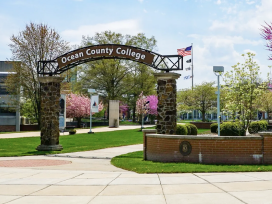
Ocean County College
1 College Dr, Toms River, NJ 08754, United States
Phone: 732-255-0482
Email: hub@ocean.edu
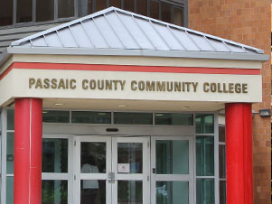
Passaic County Community College
1 College Blvd, Paterson, NJ 07505, United States
Phone: (973) 341-1600
Email: admissions@pccc.edu
Website: https://pccc.edu/admissions/
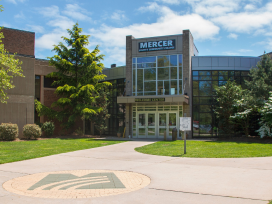
Mercer County Community College
1200 Old Trenton Rd, West Windsor Township, NJ 08550, United States
Phone: 609-586-4800
Email: admiss@mccc.edu
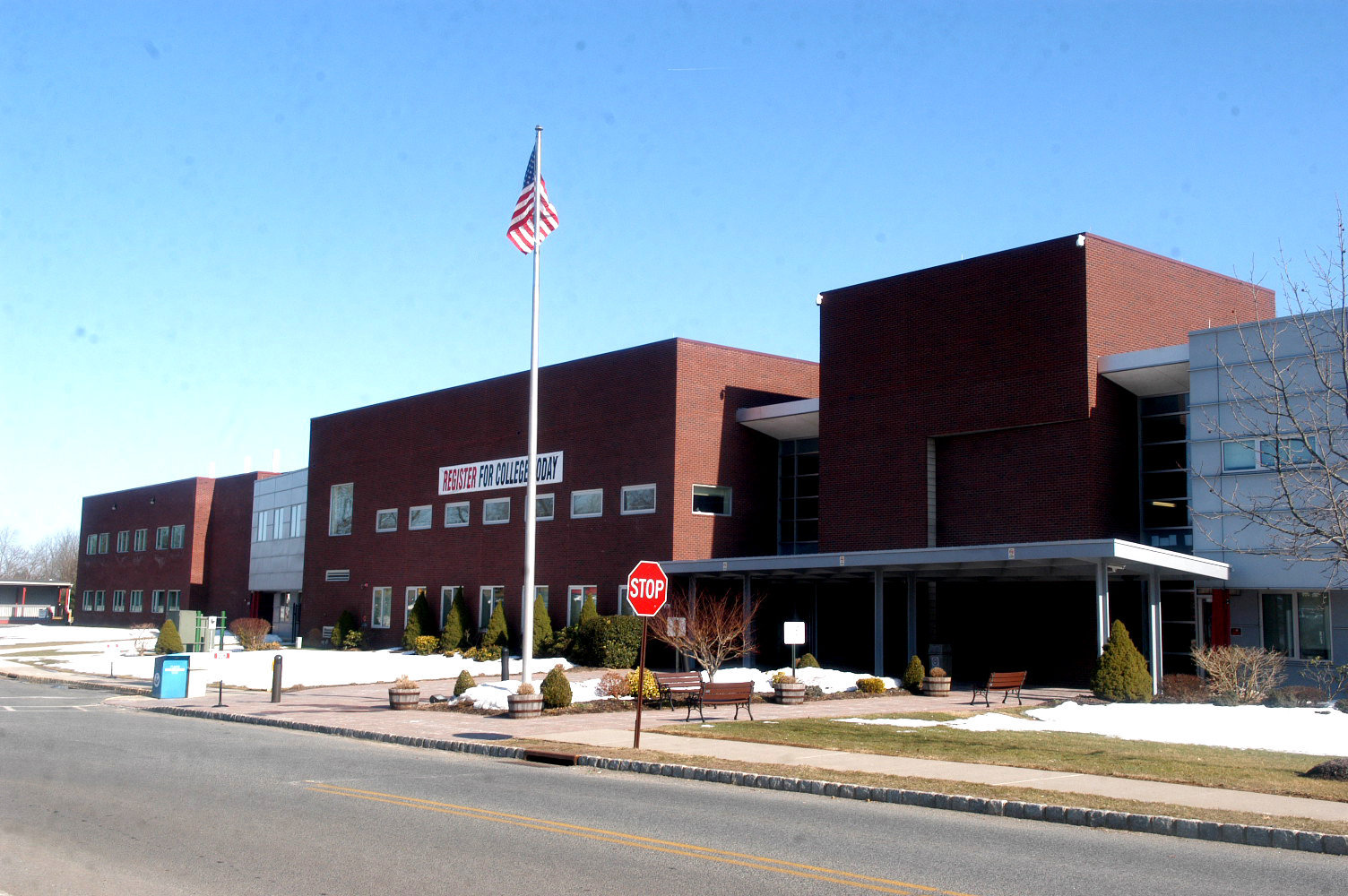
Warren County Community College
475 NJ-57, Washington, NJ 07882, United States
Phone: (908) 835-2300
Email: StudentServices@warren.edu
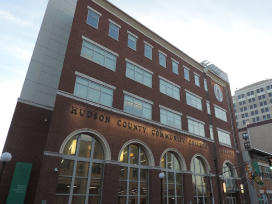
Hudson County Community College
70 Sip Ave, Jersey City, NJ 07306, United States
Phone: (201) 714-7200
Email: col@hccc.edu
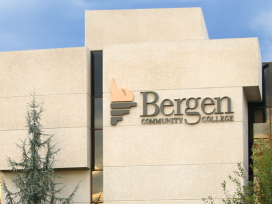
Bergen Community College
400 Paramus Rd, Paramus, NJ 07652, United States
Phone: (201) 447-7200
Email: admissions@bergen.edu
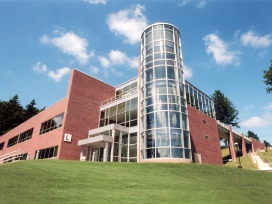
Sussex County Community College
1 College Hill Rd, Newton, NJ 07860, United States
Phone: 973-300-2223
Email: admissions@sussex.edu
Website: https://www.sussex.edu/admissions/
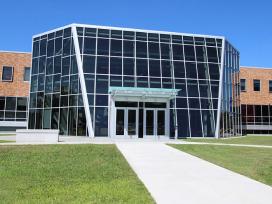
Camden County College
200 N Broadway, Camden, NJ 08102, United States
Phone: (856) 227-7200
Email: admissions@camdencc.edu
Website: https://www.camdencc.edu/admissions-financial-aid/how-to-apply/
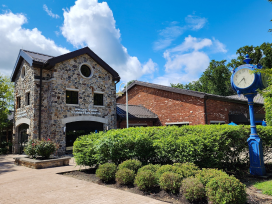
Brookdale Community College
765 Newman Springs Rd, Lincroft, NJ 07738, United States
Phone: 732-224-1857
Email: admissions@brookdalecc.edu
Website: https://www.brookdalecc.edu/admissions/getting-started/
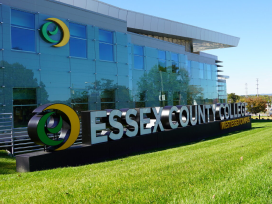
Essex County College
303 University Ave, Newark, NJ 07102, United States
Phone: (973) 877-3186
Email: ESX@essex.edu
Website: https://www.essex.edu/admissions/
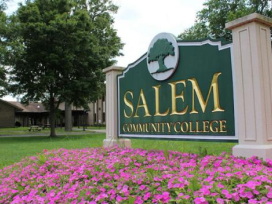
Salem Community College
460 Hollywood Ave, Carneys Point, NJ 08069, United States
Phone: 856-299-2100
Email: admissions@salemcc.edu
Website: https://www.salemcc.edu/admissions
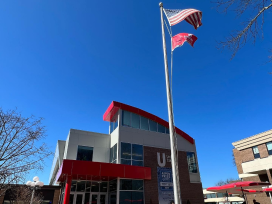
Union College of Union County, NJ
1033 Springfield Ave, Cranford, NJ 07016, United States
Phone: 908-709-7590
Email: denisa.klinkova-bace@ucc.edu
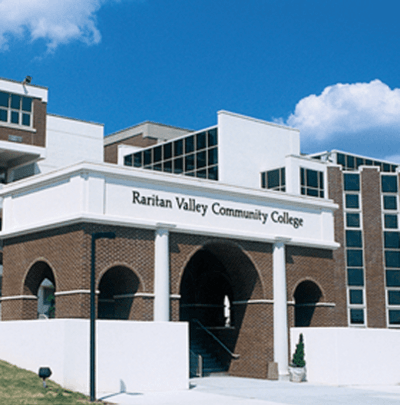
Raritan Valley Community College
118 Lamington Rd, Branchburg, NJ 08876, United States
Phone: 908-526-1200
Email: admissions@raritanval.edu
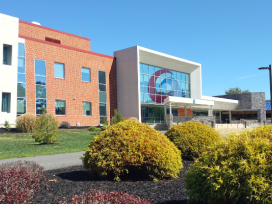
Atlantic Cape Community College
5100 Black Horse Pike, Mays Landing, NJ 08330, United States
Phone: (609) 343-5000
Email: admissions@atlantic.edu
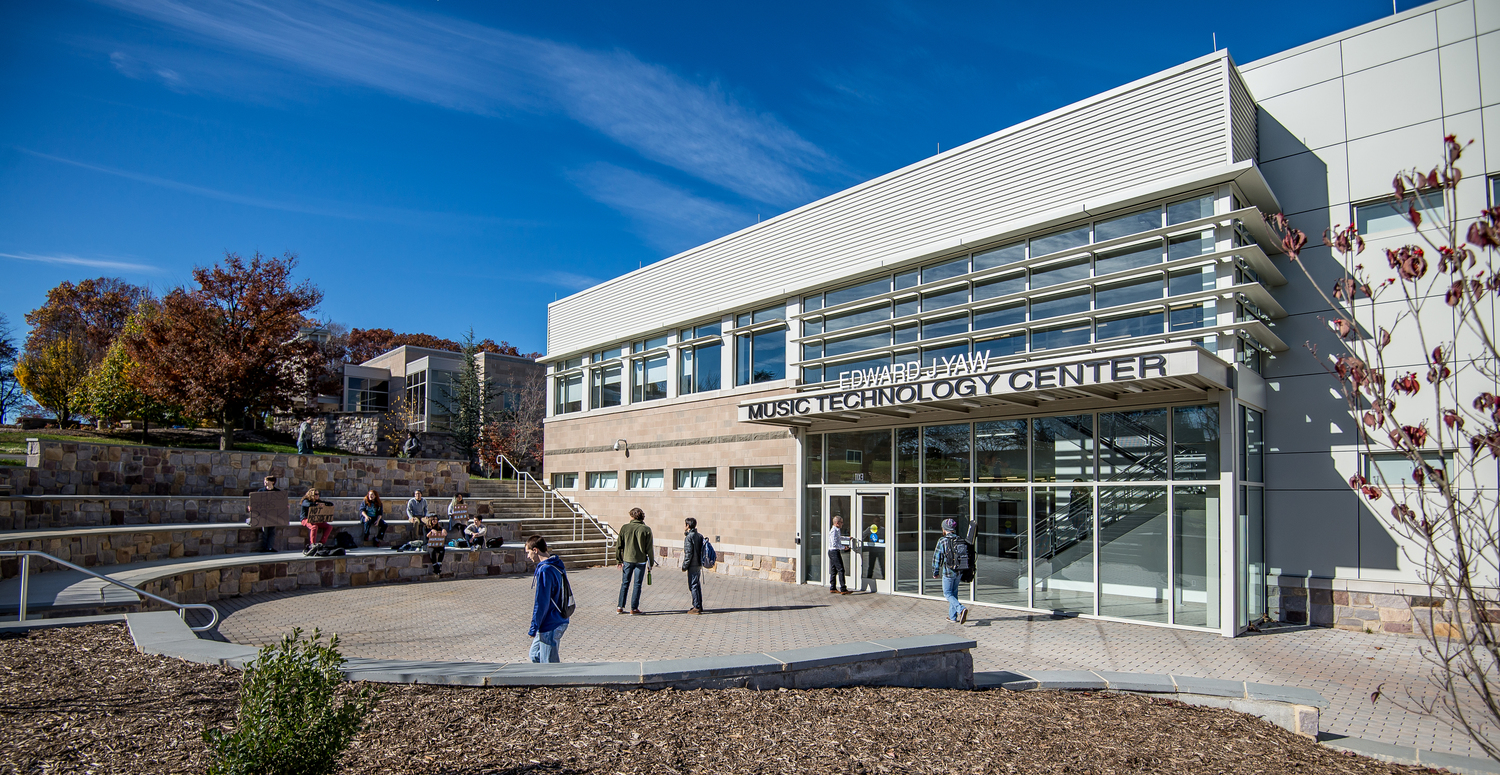
County College of Morris
214 Center Grove Rd, Randolph, NJ 07869, United States
Phone: 973-328-5100
Email: admiss@ccm.edu
Website: https://www.ccm.edu/admissions/
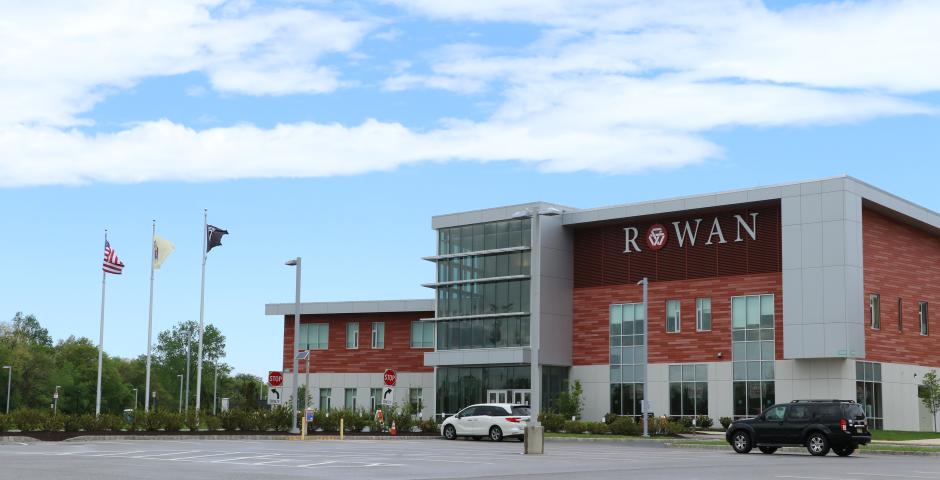
Rowan College at Burlington County
900 College Circle, Mount Laurel, New Jersey 08054
Phone: (856) 222-9311, ext. 1199
Email: admissions@rcbc.edu
Website: https://www.rcbc.edu/admissions
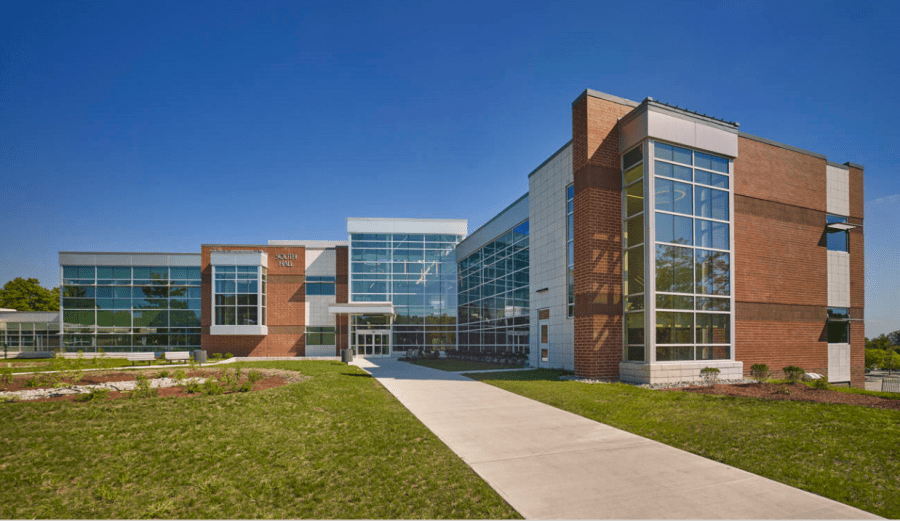
Middlesex College
2600 Woodbridge Avenue, Edison, NJ 08818
Phone: 732-548-6000

Rowan College of South Jersey
1400 Tanyard Road, Sewell, NJ 08080 (Gloucester); 3322 College Drive, Vineland, NJ 08360 (Cumberland)
Phone: 856-200-4848
Email: admissions@rcsj.edu
Website: https://www.rcsj.edu/apply

